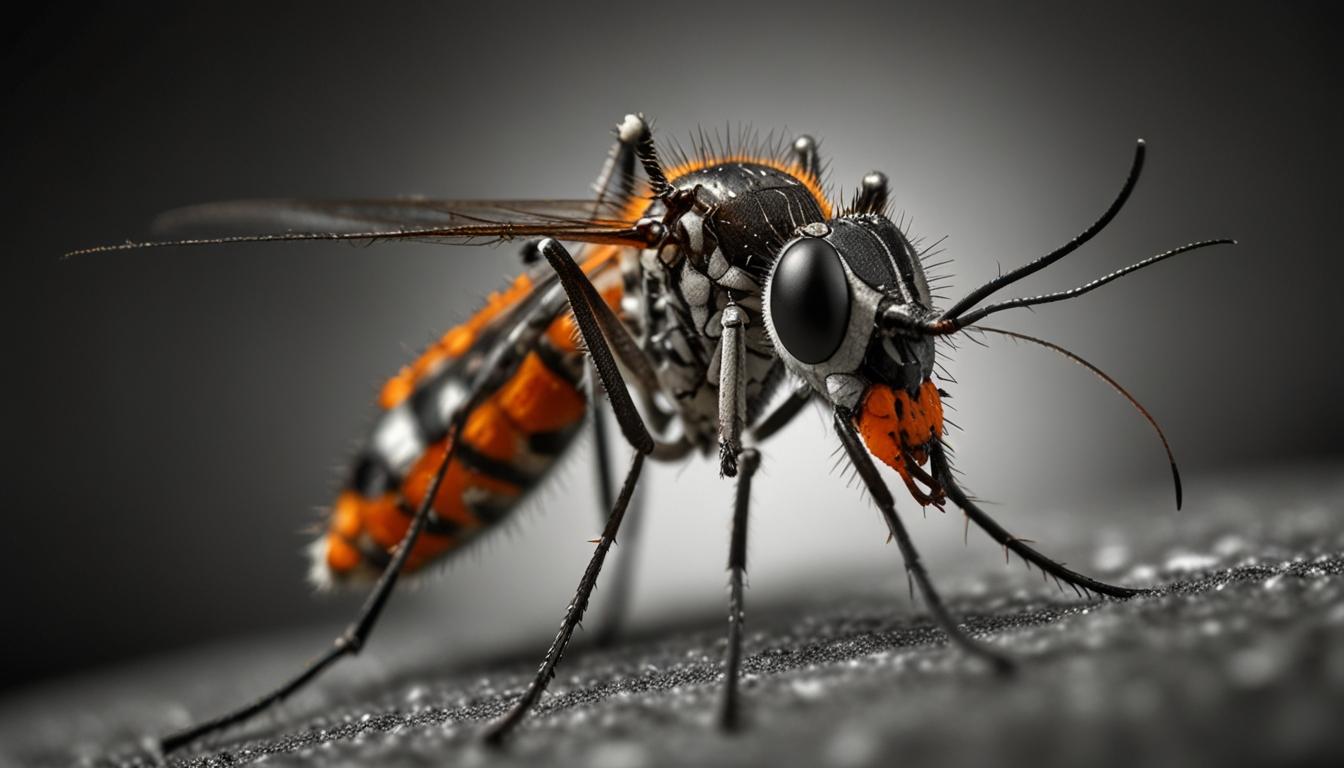Health authorities issue a significant warning for UK tourists as dengue fever cases surge in Europe, primarily brought in by travelers returning from high-risk regions. With dengue infections reaching pre-pandemic levels, it is crucial for travellers to take precautions and seek healthcare advice before visiting affected areas.
Health authorities have issued a significant warning for UK tourists due to a notable increase in dengue fever cases. The European Centre for Disease Prevention and Control (ECDC) reports that since the beginning of 2024, there has been a substantial rise in dengue cases across Europe, primarily imported by travelers returning from regions with high infection rates.
In 2023, 634 cases were reported among travelers returning to England, Wales, and Northern Ireland. Most of these infections were contracted in Southern and South-Eastern Asia, with India being a significant source. The Americas are currently experiencing their largest outbreak ever, with Brazil reporting eight million cases and numerous other countries in the region affected.
Dengue fever, transmitted through mosquito bites, is endemic in tropical climates including Central and South America, the Caribbean, parts of Africa, and Asia. The UK Health Security Agency (UKHSA) indicates that mosquito-borne diseases such as dengue and malaria have returned to pre-pandemic levels of incidence. It is advised that travelers consult healthcare providers before traveling to regions where these diseases are prevalent, although there is currently no dengue vaccine available in the UK.
The World Health Organization (WHO) has highlighted that dengue infections can often be asymptomatic or present mild symptoms but can escalate to severe and potentially fatal forms in rare cases. Symptoms typically appear 4–10 days post-infection and can last up to a week, including high fever, severe headaches, muscle and joint pain, nausea, vomiting, swollen glands, and rash.
As mosquito vectors like Aedes albopictus and Aedes aegypti have become established in parts of Europe, the likelihood of local transmission increases with the importation of the virus by infected travelers. Health officials recommend protective measures against mosquito bites, such as wearing long sleeves, using insect repellent, and keeping windows and doors closed.













